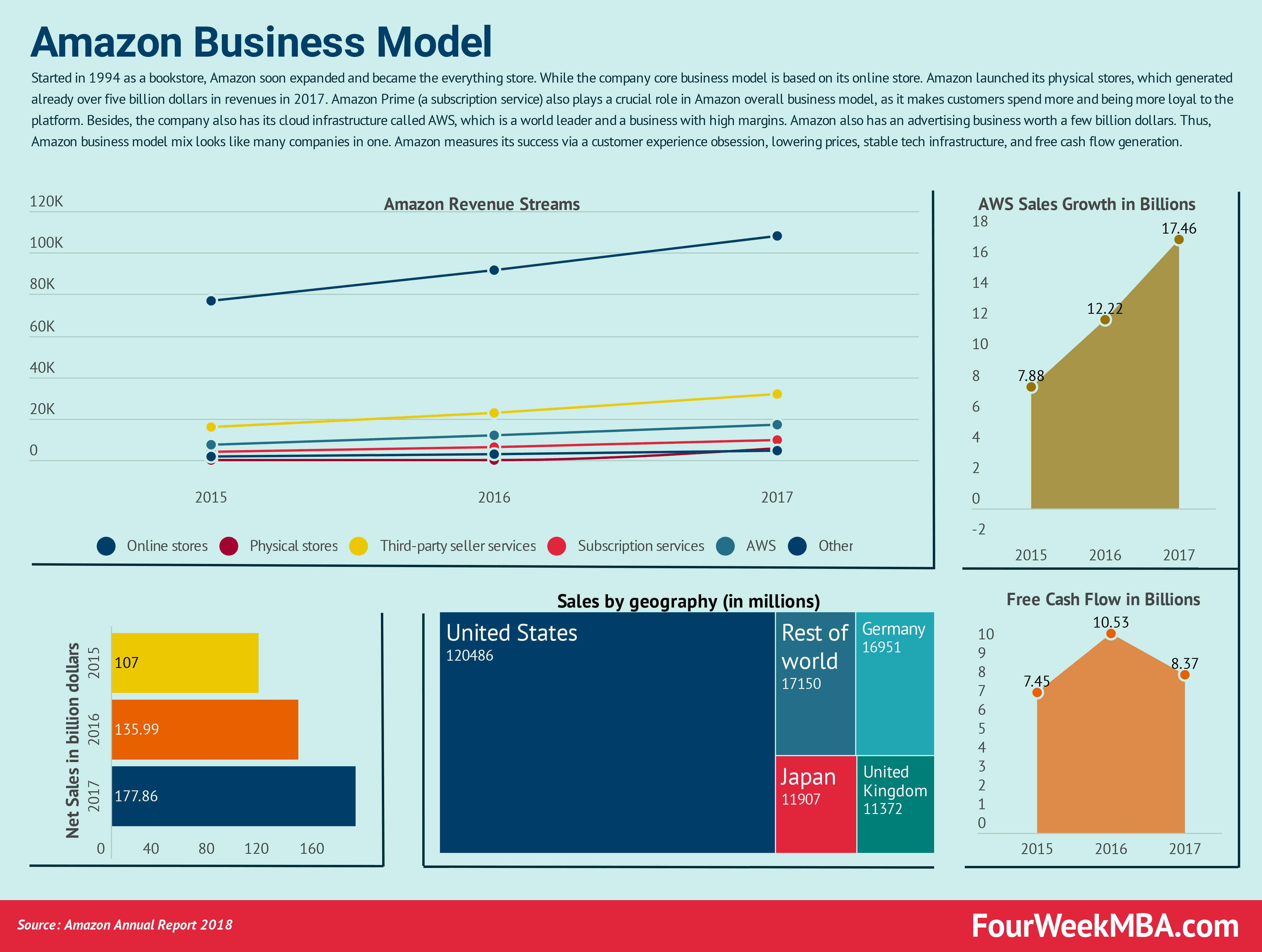
Contents
Introduction
When it comes to strategic planning, businesses often find themselves grappling with the decision between adopting a business level strategy or a corporate level strategy. While both approaches are important in their own right, they serve different purposes and have their own unique advantages. In this article, we will explore the distinction between business and corporate level strategies, and how businesses can leverage them to achieve their goals.
What is a Business Level Strategy?
A business level strategy focuses on how a company can gain a competitive advantage within a specific industry or market segment. It involves making decisions about product differentiation, pricing, marketing, and customer service to position the business above its competitors. The goal of a business level strategy is to create value for customers and generate sustainable profits.
The Importance of Business Level Strategy
Having a well-defined business level strategy is crucial for businesses as it enables them to differentiate themselves from their competitors. By understanding their target market and tailoring their offerings to meet specific customer needs, businesses can build a strong brand and establish customer loyalty. Furthermore, a well-executed business level strategy allows businesses to optimize their resources and allocate them effectively to generate maximum returns.
What is a Corporate Level Strategy?
On the other hand, a corporate level strategy focuses on the overall direction and scope of a company as a whole. It involves making decisions about diversification, mergers and acquisitions, and strategic alliances. The goal of a corporate level strategy is to maximize the value of the entire organization by leveraging synergies between different business units or entering new markets.
The Importance of Corporate Level Strategy
A strong corporate level strategy is vital for businesses looking to expand and grow. By diversifying their product offerings or entering new markets, companies can reduce their dependence on a single market or industry, thus minimizing risks. Additionally, a well-executed corporate level strategy can lead to economies of scale, increased market share, and enhanced brand reputation.
Business Level Strategy vs Corporate Level Strategy
While both business and corporate level strategies are essential, they serve different purposes and require different approaches. Business level strategy focuses on creating and maintaining a competitive advantage within a specific market segment, whereas corporate level strategy focuses on the overall direction and growth of the entire organization.
Key Differences
One of the key differences between the two strategies is the level of decision-making involved. Business level strategy is more tactical and operational, requiring decisions on product positioning and pricing, whereas corporate level strategy is more strategic and long-term, involving decisions on mergers and acquisitions or entering new markets.
Another difference lies in the scope of impact. Business level strategy primarily affects a single business unit or product line, while corporate level strategy affects the entire organization, including its various business units and subsidiaries.
Complementary Strategies
It is important to note that business and corporate level strategies are not mutually exclusive. In fact, they are often complementary and should be aligned to achieve the overall goals of the organization. A strong business level strategy helps create a solid foundation for the organization, while a well-executed corporate level strategy ensures sustainable growth and long-term success.
Conclusion
Understanding the difference between business level strategy and corporate level strategy is crucial for businesses aiming to achieve their goals. By leveraging the strengths of both strategies and aligning them with the organization’s overall vision, businesses can position themselves for success in a competitive marketplace. Whether it’s gaining a competitive advantage within a specific market segment or expanding into new markets, a thoughtful and well-executed strategy is key to long-term success.




